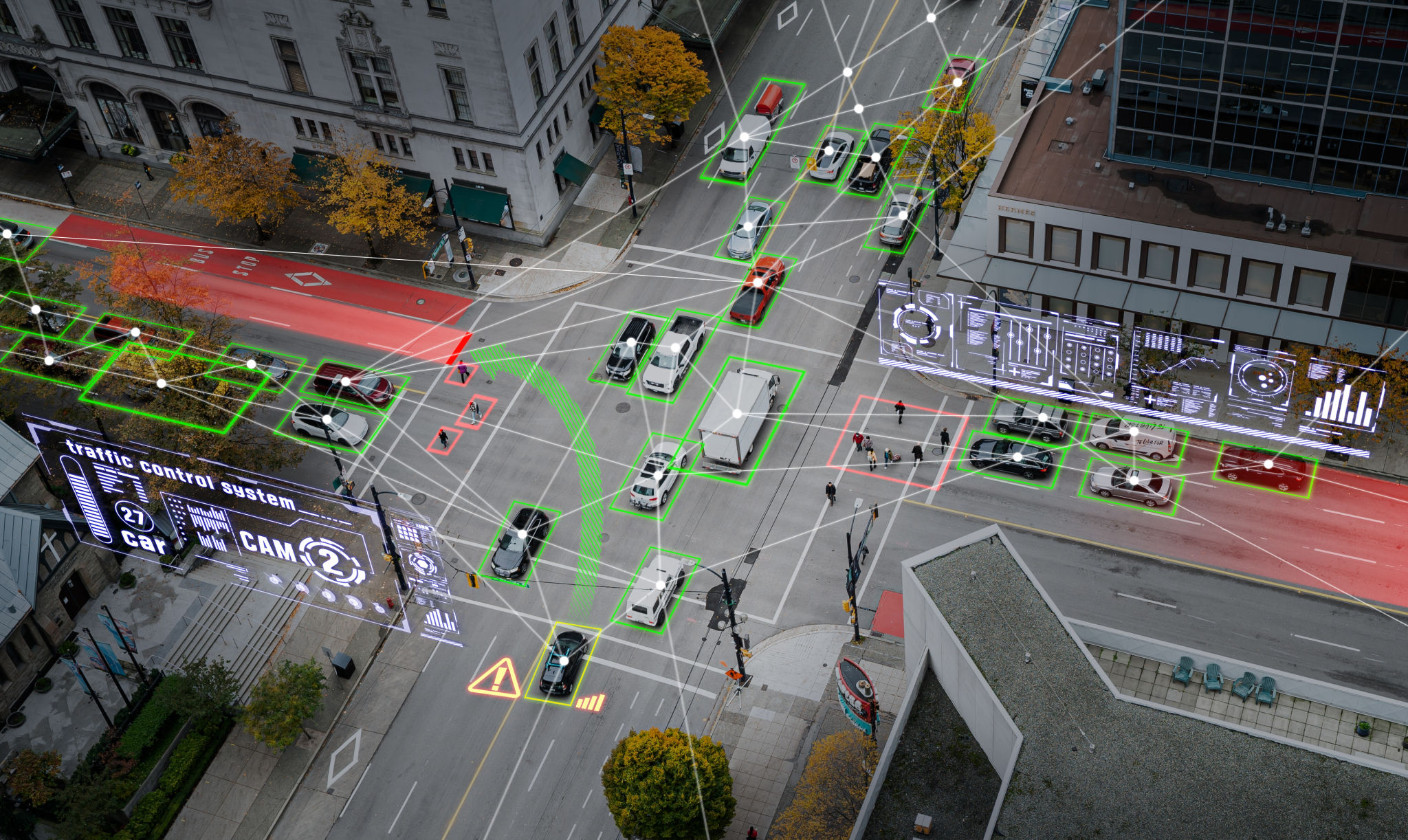Emerging AI Trends: Innovations Shaping the Future
The Rise of AI in Everyday Life
Artificial Intelligence (AI) is no longer a futuristic concept; it has become an integral part of our daily lives. From virtual assistants like Siri and Alexa to personalized recommendations on Netflix and Amazon, AI is transforming how we interact with technology. As these innovations continue to evolve, they are reshaping various sectors and improving efficiency and convenience.

AI in Healthcare
One of the most promising areas where AI is making significant strides is healthcare. AI-powered tools are enhancing diagnostic accuracy and enabling personalized treatment plans. For instance, AI algorithms can analyze medical images more quickly and accurately than humans, aiding in early disease detection. Furthermore, predictive analytics are being used to forecast patient outcomes and optimize resource allocation in hospitals.
Moreover, AI is playing a crucial role in drug discovery. Machine learning models are accelerating the process by predicting how different compounds might interact with specific diseases, potentially reducing the time and cost associated with bringing new drugs to market.
AI and Autonomous Vehicles
The development of autonomous vehicles is another exciting trend in the AI landscape. Self-driving cars rely on sophisticated AI systems to navigate roads, interpret traffic signals, and avoid obstacles. These technologies promise to revolutionize transportation by enhancing safety, reducing traffic congestion, and minimizing environmental impact.

Companies like Tesla, Waymo, and Uber are at the forefront of this innovation, conducting extensive testing and refining their algorithms to ensure safety and reliability. The widespread adoption of autonomous vehicles could lead to significant changes in urban planning and infrastructure development.
AI-Driven Financial Services
In the financial sector, AI is being used to enhance fraud detection, streamline customer service, and improve investment strategies. Machine learning algorithms can analyze vast amounts of data to identify unusual patterns that might indicate fraudulent activity, providing an additional layer of security for financial institutions.
Additionally, robo-advisors are utilizing AI to offer personalized investment advice based on individual risk profiles and financial goals. This democratizes access to financial planning services, making them available to a broader audience.

AI in Education
Educational institutions are leveraging AI to create personalized learning experiences for students. Adaptive learning platforms use AI to assess a student's strengths and weaknesses, tailoring content to meet their unique needs. This approach not only enhances learning outcomes but also keeps students engaged by presenting material at the right level of difficulty.
Furthermore, AI-powered tools are assisting educators by automating administrative tasks such as grading and attendance tracking, allowing them to focus more on teaching and student interaction.
The Ethical Considerations of AI
As AI technologies continue to advance, ethical considerations become increasingly important. Issues such as data privacy, algorithmic bias, and job displacement need to be addressed proactively. Ensuring that AI systems are transparent, fair, and accountable is crucial for gaining public trust and maximizing the benefits of these innovations.
Regulatory frameworks and international collaborations are essential to establish standards that safeguard against potential risks while promoting innovation. By addressing these challenges head-on, we can ensure that AI serves as a force for good in society.
